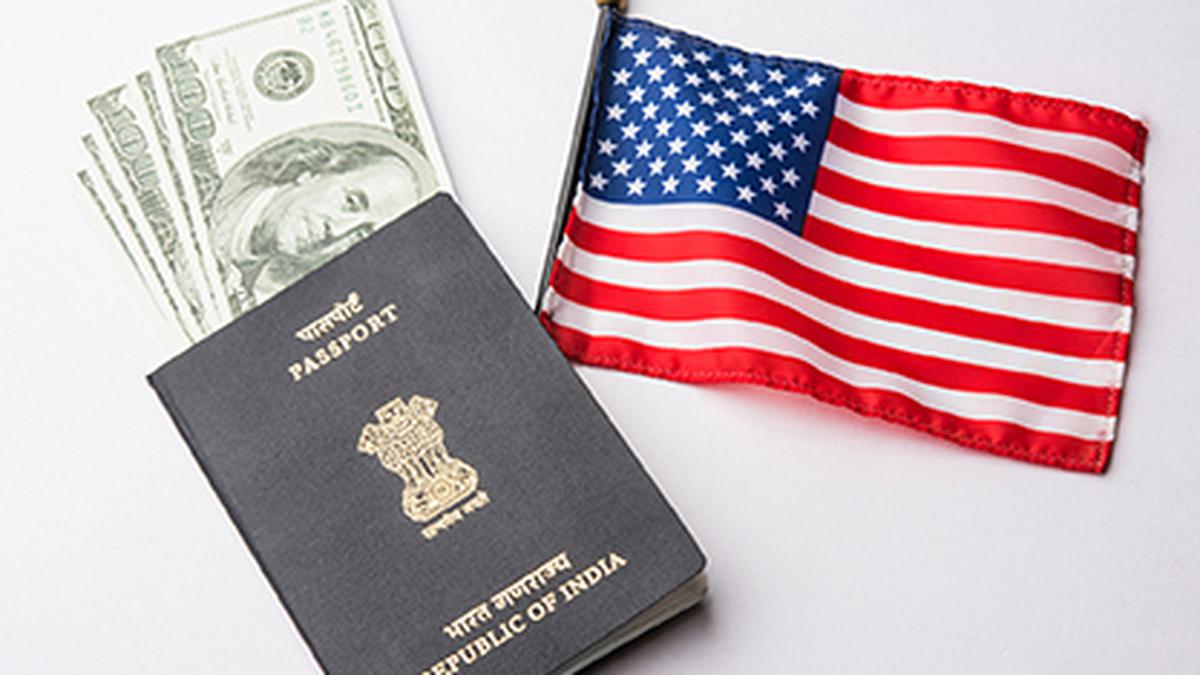
Wrong to assume that fired H1B staffers have to leave country within 60 days: USCIS director
The Hindu
Amid mass layoffs in the tech sector, the U.S. Citizenship and Immigration Services (USCIS) has said it is wrong to assume that fired workers holding H-1B visas have to leave the country within 60 days and that they have multiple options to stay.
Amid mass layoffs in the tech sector, the U.S. Citizenship and Immigration Services (USCIS) has said it is wrong to assume that fired workers holding H-1B visas have to leave the country within 60 days and that they have multiple options to stay.
In a letter to the Foundation for India and Indian Diaspora Studies, USCIS Director Ur. M. Jaddou said, "When non-immigrant workers are laid off, they may not be aware of their options and may, in some instances, wrongly assume that they have no option but to leave the country within 60 days." The Foundation for India and Indian Diaspora Studies FIIDS), which has been working for laid-off H-1B visa holders, had recently written to USCIS about the impacts of recent technology sector layoffs and sought an increase to the up to 60-day grace period.
In the letter addressed to FIIDS director for policy and analysis strategy Khanderao Kand, the USCIS said it acknowledges the financial and emotional impact that job loss can have on employment-based non-immigrant workers and their families in the United States.
"We are aware of the issue of involuntary terminations, especially in the technology sector," it said.
When a non-immigrant worker's employment is terminated, either voluntarily or involuntarily, they typically may take one of the four actions, if eligible, to remain in a period of authorized stay in the United States, the USCIS said, Prominent among these include filing an application for a change of non-immigrant status and filing an application for adjustment of status.
They can also file an application for a "compelling circumstances" employment authorization document or be the beneficiary of a nonfrivolous petition to change employer, the USCIS said.
"If one of these actions occurs within the up to 60-day grace period, the nonimmigrant's period of authorized stay in the United States can exceed 60 days, even if they lose their previous non-immigrant status. "If the worker takes no action within the grace period, they and their dependents may then need to depart the United States within 60 days, or when their authorized validity period ends, whichever is shorter," the USCIS said in its letter.











